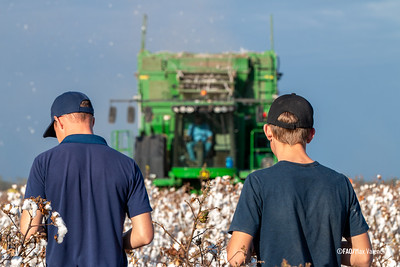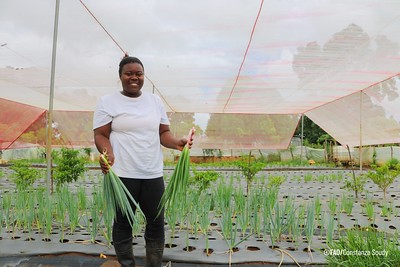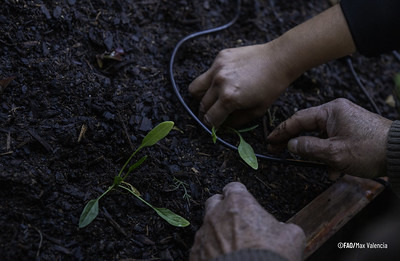
The International Year of Cooperatives 2025, proclaimed by the United Nations General Assembly, aims to highlight its role in sustainable development, economic growth, and the inclusive transformation of agrifood systems.
The United Nations has designated 2025 as the International Year of Cooperatives under the theme “Cooperatives Build a Better World” to reaffirm this sector’s contribution to a better future for all.
In this context, the Regional Office of the Food and Agriculture Organization of the United Nations (FAO) for Latin America and the Caribbean has signed an agreement with the International Cooperative Alliance (ICA) to promote joint efforts supporting cooperatives in the region.
Globally, more than 3 million cooperatives across all economic sectors provide goods and services that contribute to more prosperous and inclusive societies. In Latin America and the Caribbean, there are over 108,000 cooperatives. Of this total, one-fourth are agricultural and/or rural cooperatives, numbering nearly 28,000, with over 6 million members.
Cooperatives, especially in the agrifood sector, are crucial in combating hunger and malnutrition, a particularly pressing challenge in Latin America and the Caribbean. These organizations are strategic allies in reducing power asymmetries, promoting decent work, strengthening territorial governance, and fostering public-private partnerships.
Below, we share five key aspects that highlight the importance of cooperatives in agrifood systems:
1. Driving Governance and Territorial Development
The importance of cooperatives lies in their ability to stimulate governance and territorial development, serving as engines for transforming agrifood systems. FAO has worked to enhance its institutional frameworks and regulatory structures, collaborating with various organizations and experts to present the Model Law for Agricultural Cooperatives to the Latin American and Caribbean Parliament (PARLATINO). This law seeks to strengthen institutional mechanisms and frameworks that promote cooperative and cooperative identity, focusing on equality and inclusion.

2. Inclusion of Family Farming in Value Chains
The cooperative model facilitates the integration of small-scale farmers into new markets, improving their bargaining power and optimizing resource management. Cooperatives enhance their management capacities, strengthen collective action to access more dynamic and demanding markets and make goods, services, and inputs more affordable.

Small-Scale Production and Inclusive Employment
Cooperatives stimulate employment for marginalized groups, boosting local economies and promoting equitable participation in economic activities. Their organizational model helps counteract power asymmetries, social and gender inequalities, and the social capital gaps faced by their producers.

Sustainability and Efficient Resource Use
Through collective organization and planning, cooperatives contribute to the sustainable management of natural resources and revitalize traditional and local practices. They also encourage strategic links with other forms of solidarity and green economies, such as B Corporations (which aim to generate social and environmental impact while achieving economic profits), social enterprises, and consumer cooperatives, among others. These collaborations integrate related activities, including bioeconomy, circular economy, agritourism, crafts, rural tourism, and artisanal fishing.

Fostering Innovation
The gaps between urban and rural areas are easier to address through cooperatives and associations, as these incentivize the public and private sectors to develop innovations and technologies with organized and institutionalized actors. Such efforts would be far more complex to achieve in isolation.
It is vital to continue strengthening these alliances, highlighting their role as accelerators of the SDGs and as essential allies in the fight against hunger. The future of food and nutrition security and sustainable development in our region heavily depends on the strengthening and support of cooperatives, as part of a broader set of initiatives we must pursue for a better future for all.






